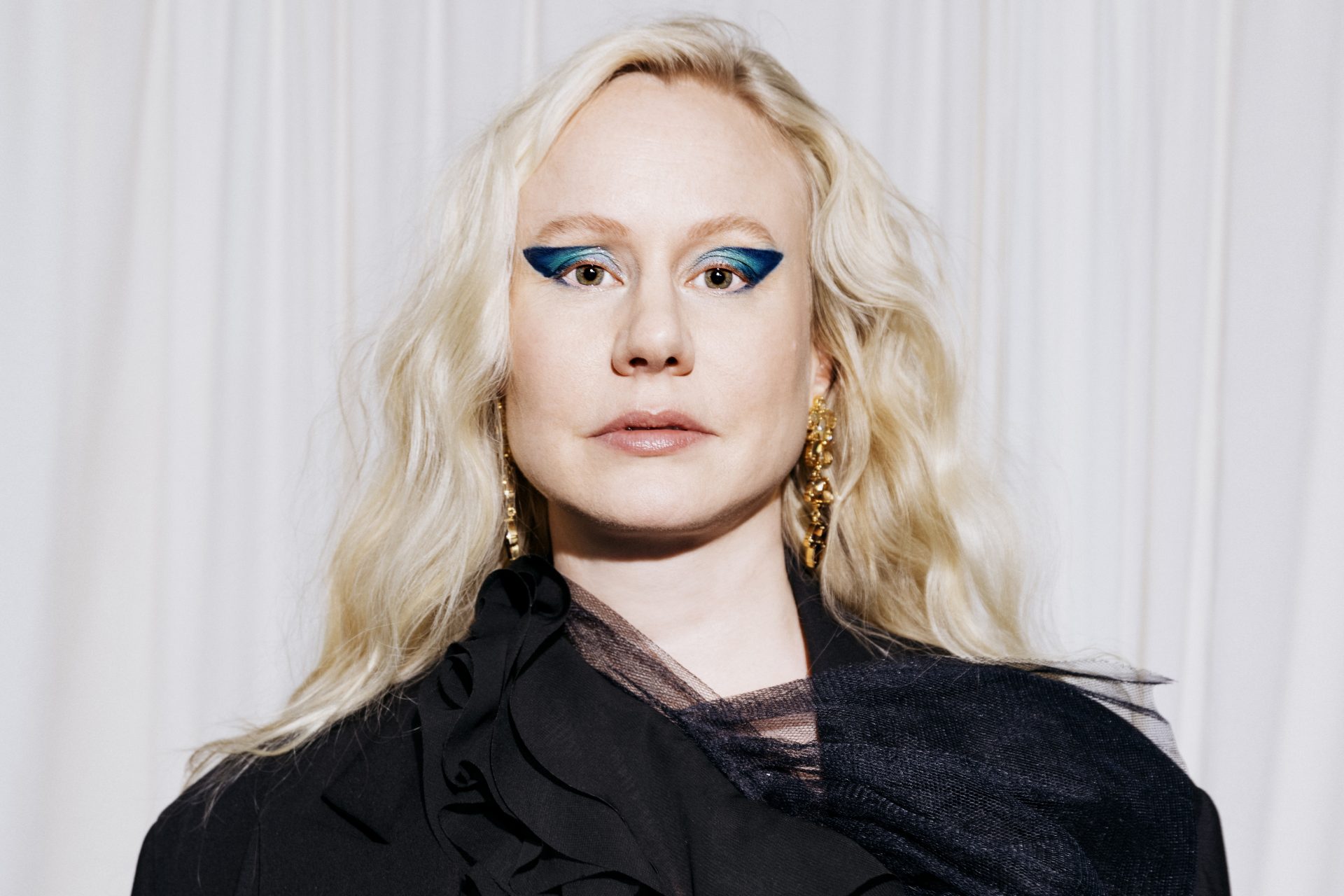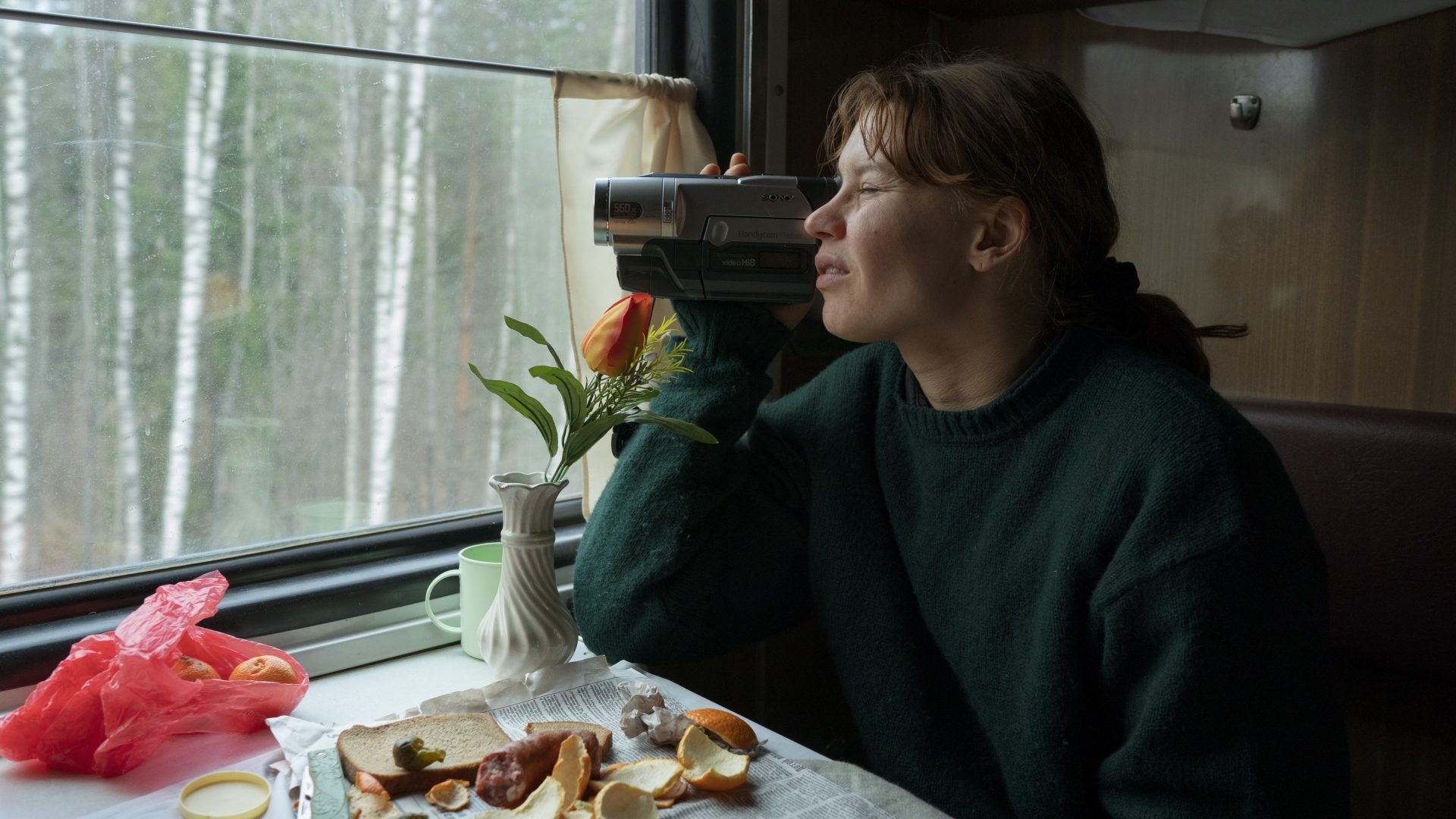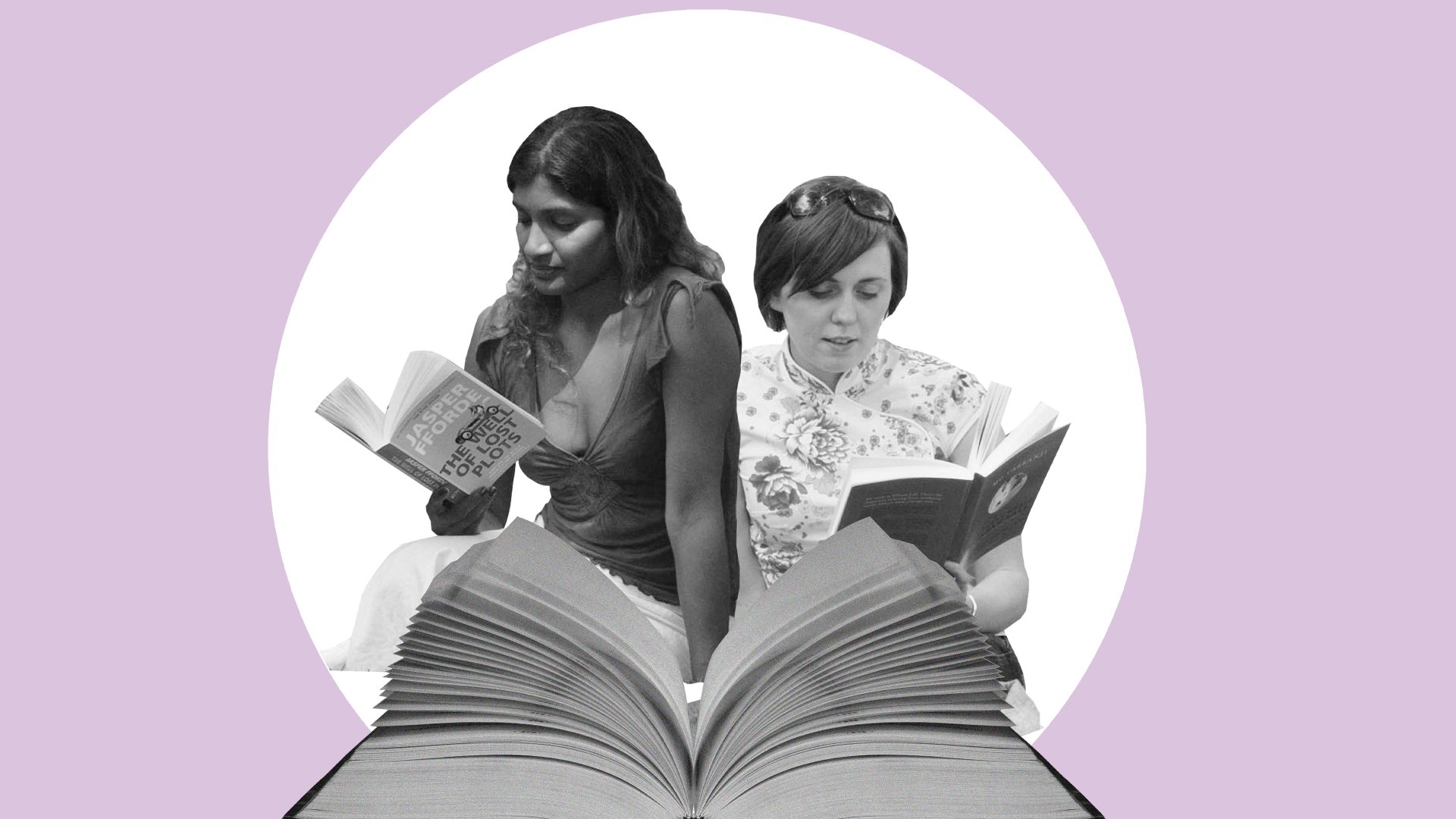Dissolute, decadent and denizen of the demi-monde par excellence, Charles Baudelaire was the 19th-century blueprint for the 20th-century rock star.
A drugged-up dandy with a penchant for loose women, Baudelaire was confirmed as mad, bad and dangerous to know when his poetry collection
Les Fleurs du mal was condemned as offensive to public morality in 1857. The snake-hipped hedonists of the 1960s like Mick Jagger and Jim Morrison unsurprisingly saw him as a kindred spirit, and the Beats and the poetically inclined musicians who came after looked to him for inspiration as much as to that other party boy poet, Rimbaud.
But beyond the irresistibly bad example of his lifestyle, Baudelaire’s words have also provided inspiration to a diverse array of musicians. His poetry has been set to music repeatedly over the last 150 years, and the Baudelaire
Song Project run by the universities of Birmingham, Sheffield and Toulouse
has listed well over 1,000 such songs, from Russian romantic composer
Alexander Gretchaninov’s 1911 setting of Baudelaire’s Les Fleurs du mal to the Cure’s How Beautiful You Are, based on the poem Les yeux des pauvres.
Now Norwegian singer Susanna – an artist possessed of a voice of crystal clarity and powerfully precise phrasing who has worked both collaboratively and in defiance of genre across her 16 albums – has repurposed Baudelaire’s work on her new LP, Elevation, out this week.
Susanna Wallumrød has made a habit of using other artists’ material. The 2004 minimalist LP List of Lights and Buoys, released under the name Susanna and the Magical Orchestra (Wallumrød and jazz pianist Morten Qvenild), included the most unlikely – and devastatingly stark – cover of Dolly Parton’s Jolene you are ever likely to hear, while its follow-up, 2006’s
Melody Mountain, was made up of low-key covers of songs by artists as diverse as Scott Walker and AC/DC.
But whether it’s Jolene or Kiss’s Crazy Crazy Nights, Susanna’s glacial covers have been without a shred of irony and instead have found foreboding and emotional depth in the most improbable of places.
Melody Mountain also contained the duo’s characteristically icy versions of the already pain-laced Love Will Tear Us Apart by Joy Division and Enjoy the Silence by Depeche Mode, placing Susanna in the vanguard of the trend for dialled-down versions of heart-rending classics (John Lewis started its run of adverts that made such songs central to their schtick just the following year).
Susanna’s diversity of source material was also reflected on 2011’s If Grief Could Wait, a collaboration with harpist Giovanna Pessi, which put her voice front and centre amid sparse interpretations of Henry Purcell, Leonard Cohen and Nick Drake, using baroque-era instrumentation.
While this isn’t the first time Susanna has taken inspiration from the musicians’ poet, on this new album she breaks away from the simple, solo approach of its predecessor, the self-explanatory Baudelaire & Piano (2020), by collaborating with the French spoken word artist Delphine Dora and Norwegian tape recordist Stina Stjern. Their compositions and performances make the album a unique conversation between three female musicians.
Susanna accordingly describes the new album in terms of a ritual rather than a product, calling it “an intuitive and collective ceremony of the ethereal and mystical in life”, and it’s hard to argue otherwise. While the lead single, Alchemy of Suffering, is like the soundtrack to a trip to a fairy dell, Dora’s voice on Ciel Brouillé and Le Vin des Amants seems as if it should be echoing around a monastery cloister. Stjern’s exercises in the ambient, including Light Up Your Eyes, In Shared Ecstasy and the beautiful Rose-Pale Dawn – Susanna evocatively describes the latter as “atmospheric and dreamy, with several layers of beautiful little pastel-coloured synth melodies” – create wholly transcendent soundscapes. This LP is an undeniably dreamlike, immersive experience.
But for all its musical variety, tracks like Invitation to the Voyage, which returns to the voice and piano format, make clear how Elevation is ultimately
rooted in Baudelaire’s words – as rediscovered by Susanna via Anthony
Mortimer’s superlative 2016 English translation – and she sees it as a “time-travelling” project, reaching back a century and a half. It was Baudelaire’s
symbolism and imagery, his “many colours, shades, moods and emotions”,
in which Susanna found music in the first place. This transportive reverie is the result.
SUSANNA IN FIVE SONGS
Love Will Tear Us Apart (2006)
Susanna and the Magical Orchestra’s cover of the Joy Division classic outdoes the original in terms of funereal starkness.
Who By Fire (2011)
Susanna’s cover of Leonard Cohen’s 1974 song, itself a version of the Hebrew prayer Unetanneh Tokef chanted on Yom Kippur, finds her accompanied by the strings of the traditional Swedish nyckelharpa, the viola de gamba, and the harp.
Garden of Earthly Delights (2019)
The unnerving title track from Susanna’s album inspired by the paintings of Hieronymus Bosch is a collaboration with the Norwegian musician and tape recordist Stina Stjern, who also contributed to a new album, Elevation.
Rose-Pale Dawn (2022)
On this extraordinary experimental second single from Elevation Stina Stjern’s tape loops create an ambient landscape of exquisite beauty.
Elevation (2022)
The title track of her new album is a setting of Baudelaire’s hymn in praise of transcendence and “the speech of flowers and of voiceless things”. It is typical of Susanna’s trademark piano-led icy sparseness.




